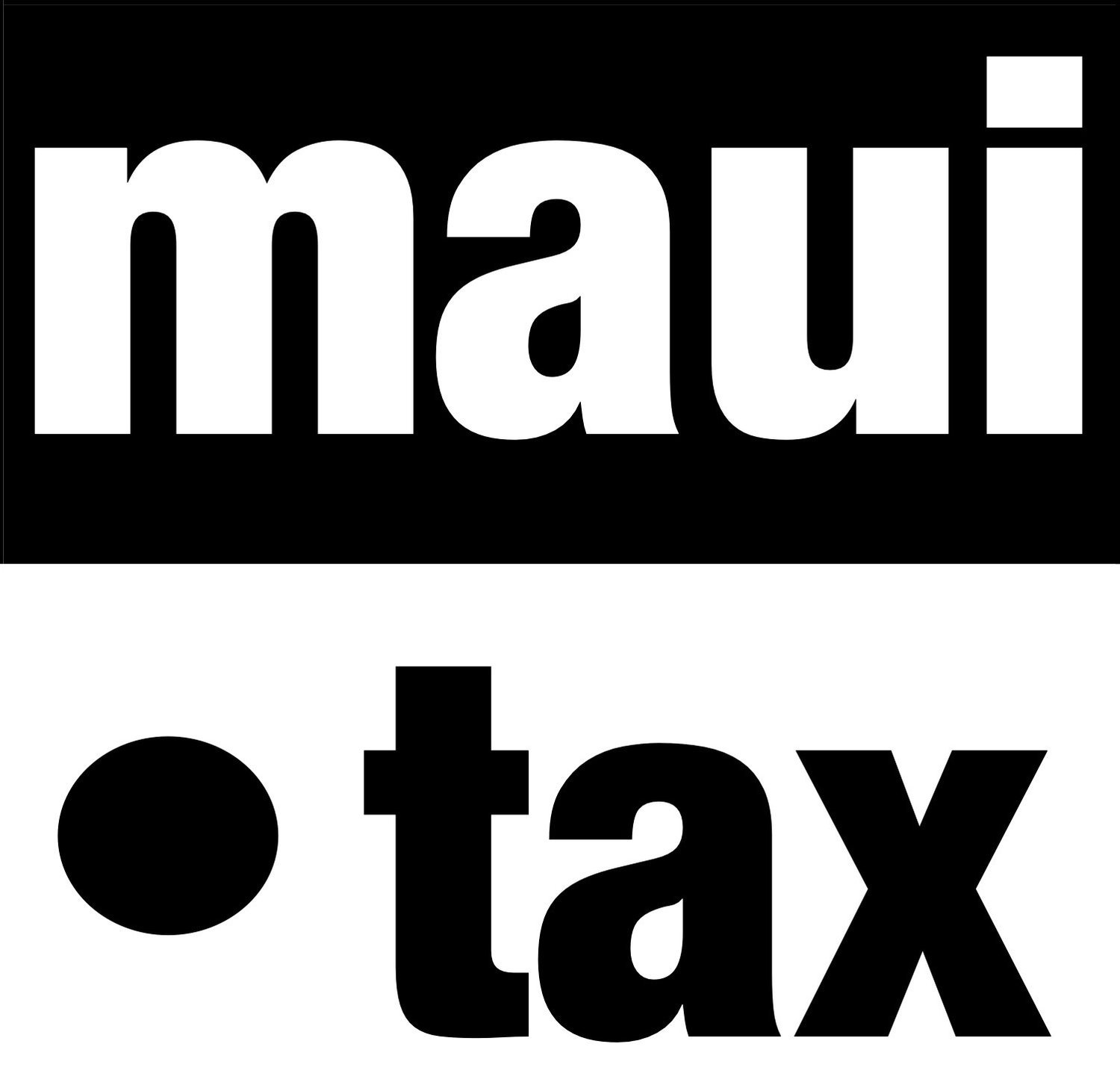Has it Been a While Since You Last Filed Taxes?
“What happens when I don’t file my taxes?”
If you don’t file your taxes for a year or two (or three..)
it is fairly easy to predict what will happen; it’s much harder to predict when it will happen. IRS enforcement can begin as early as year to eighteen months following the due date of the return, sometimes even sooner. The IRS has been shrinking for years and there are about 20,000 Revenue Agents to catch up to several million people who don’t file. But you won’t be hearing from one of them for a while, if ever.
The IRS will begin its efforts with a letter asking where your return is. Or… not. The timing and consistency of enforcement actions against non-filers is not predictable. The IRS keeps up with about 200 million returns and you may not hear anything for two or three years. But at some point, you’ll get a letter. It’s a really good idea to respond to that letter.
But if you don’t…
They’ll send plenty more. And if you keep ignoring that approach, you may be rewarded with…
The dreaded SFR
At some point the IRS will generally prepare and file a ‘Substitute for Return’ ‘for’ you based on any information it has and none of the information you might have. These SFRs omit things like deductions or other information that might reduce your tax assessment. For instance, if you have a 1099 for $100,000 and you had $90,000 in legitimate write offs against that 1099, if you filed the return on time, you would have owed tax on $10,000. Did I say the IRS prepares a return for you? More accurately a very, very, very dumb computer prepares a return for you. All it knows is your social security number and that you have a $100,000 1099. So the computer prepares your SFR and you owe tax on $100,000. This can obviously get very nasty. SFRs can be corrected. But it gets expensive convincing the IRS to back down on its version of the return and accepting your version.
SFR or not, IRS letter or not, the returns have to be prepared and filed. When we begin working together I’ll take a look at your tax filing history (or lack of it) in detail. Getting back into the tax system properly requires filing EVERY year you’ve skipped.
“What if I can’t pay?”
If you can’t pay the resulting taxes, you’re still better off filing all the back returns and getting the ball rolling. Remember this: whether you file the returns or not - you owe the tax. The longer you wait to determine that tax by filing a return - the larger the number grows. And if you don’t ultimately file the return you could end up with an SFR and a tax bill ten times what it should be. Once again, that can be remedied but it is expensive and often will involve an audit.
Once we file all of your back taxes
there are installment plans available for up to six years offered by IRS. These low interest agreements will allow you breathing room. If the tax load is big enough and outstrips your net worth, occasionally significant relief can be obtained by preparing and Offer in Compromise. An OIC is an application to have the debt lowered to an amount which will allow you to pay some part of it and have the rest forgiven or ‘compromised’. OICs are great but they are not always accepted. But if the IRS does take your offer, you could save many thousands of dollars . . . IF you have the ability to write a check for 20% of the amount of the offer when you make the offer. That’s right, the OIC requires you to pay 20% of the offer you are making - before you even know it’s going to be accepted. Also, entering into an OIC generally obligates you to pay off the balance within 5 months. If you don’t - the compromised debt agreement will be cancelled… and you’re left with the original tax bill. Plus interest.
Example: You owe $50,000 in tax. You submit an OIC making the case to compromise half the debt and pay $25,000. When you make the application you have to write a $5,000 check. And follow that with four more of the same amount within five months of your offer being accepted. If you miss doing that: you owe $50,000 again (less what you’ve paid down.)
“If it sounds to good to be true...”
Lot’s of scam-y companies defraud consumers of millions every year by advertising to ‘erase your tax debt’. In truth, most of these companies can do little more for you than you can do for yourself. Few of them have proper expertise (I’ve seen some of the wreckage) and generally no actual deep experience with the IRS. These internet paper mills lure people into a false sense of security all the while holding their credit cards captive, billing them every month, while providing almost no service. My best advice is do not - EVER - get involved with one of these companies.


